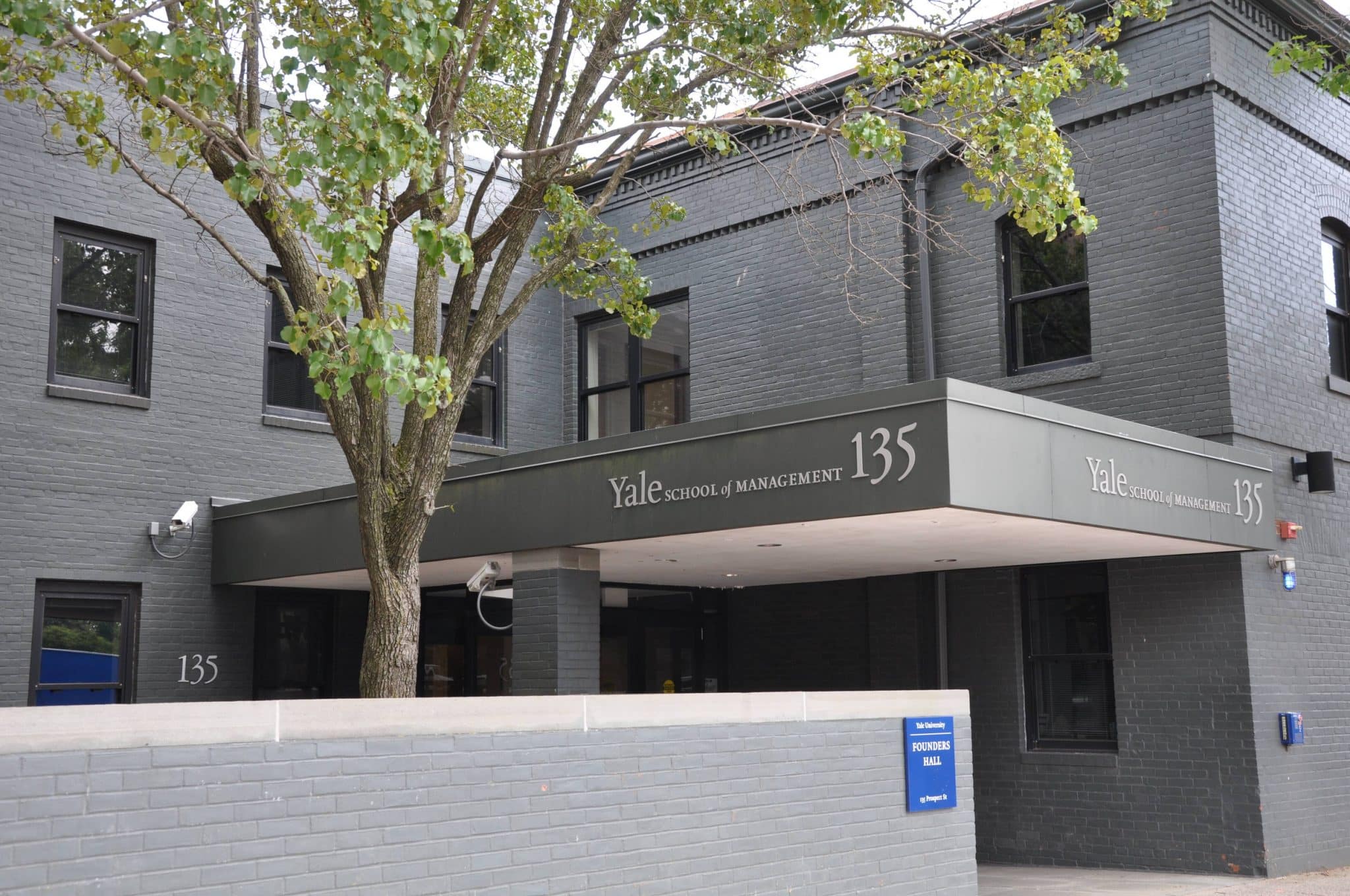Image Credit: mikkiorso/123rf.com
New York has made history by becoming the first state in the United States to require most new buildings to be constructed without fossil fuels. The State Fire Prevention and Building Code Council finalized regulations on July 25, mandating all-electric systems for new construction, a significant step toward reducing greenhouse gas emissions and enhancing public health.
Under the new regulations, effective December 31, 2025, all newly constructed buildings up to seven stories or 100,000 square feet for commercial and industrial projects must utilize electric systems, eliminating gas and other fossil-fuel-based infrastructure. For larger buildings, compliance will be required starting in 2029.
The new building code encourages the installation of heat pumps and heat-pump water heaters, which are recognized for their energy efficiency and potential for long-term cost savings. While the regulations include exemptions for specific facilities such as laboratories, crematoriums, and certain restaurants, experts believe these exceptions will not significantly undermine the overall impact of the policy.
This groundbreaking policy has survived a recent legal challenge, with a federal court upholding New York’s authority to enforce the All-Electric Buildings Act. Opponents, including the National Propane Gas Association and the National Association of Home Builders, aimed to block the legislation, citing federal laws that previously overturned similar bans in other locations. However, the court dismissed their arguments, allowing the new code to proceed as planned.
Economically, while initial construction costs may rise slightly, a report from the New York State Energy Research and Development Authority indicates that households could save an average of $5,000 over 30 years due to reduced energy use and lower utility bills. In fact, a 2022 analysis suggested that constructing an all-electric single-family home in New York is approximately $8,000 less expensive than building one with gas infrastructure.
In addition to cost savings, the new regulations are expected to improve indoor air quality significantly. Transitioning away from fossil-fuel appliances, such as gas stoves and furnaces, aims to reduce exposure to harmful pollutants, which have been linked to health issues, including childhood asthma. According to studies, nearly one in five cases of childhood asthma in New York can be attributed to indoor pollution from gas stoves.
The legislation represents a critical advancement in environmental justice, addressing the disproportionate impact of air pollution on low-income communities and communities of color. This initiative reflects grassroots support and resilience against powerful opposition from fossil-fuel companies and real estate interests.
New York’s new building code sets a precedent for other states, showcasing the potential for scalable electrification in the construction industry and establishing a framework for healthier, more sustainable living environments.
Check out the original article here: Source link



